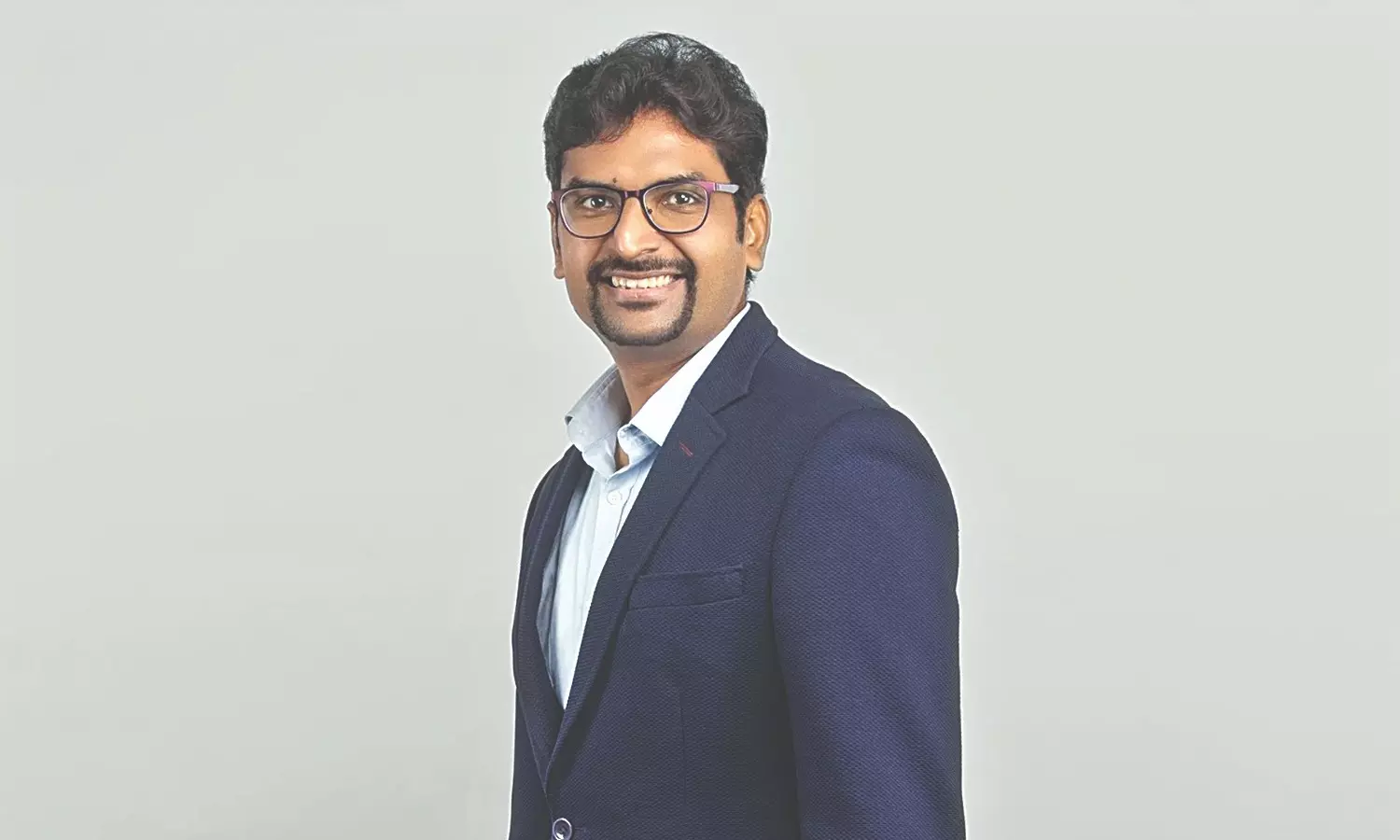Stem cell transplants: Changing landscape of ‘cancer’ treatment
A blood stem cell transplant involves the collection of healthy stem cells from an HLA-matched donor and infusing them into the patient.;

Dr Nitin Agarwal, MD, Transfusion Medicine, and Head of Donor Request Management at DKMS BMST Foundation India
CHENNAI: Blood cancers, such as leukemia, lymphoma, and myeloma, pose a significant threat to individuals worldwide. The battle against blood cancers has seen remarkable progress thanks to innovative treatments like stem cell transplants.
A blood stem cell transplant involves the collection of healthy stem cells from an HLA-matched donor and infusing them into the patient. These cells start producing healthy blood cells, replacing the diseased cells.
The process entails high-dose chemotherapy to prepare the patient’s body, followed by the infusion of donated stem cells, akin to receiving blood or medicine through an intravenous catheter.
In India, leukemia remains the most common type of blood cancer, predominantly impacting children between the ages of 0-14. The incidence of blood cancer in India varies across regions, with underdiagnoses and under-reporting potentially contributing to lower reported figures.
Over the last two decades, there has been a noticeable increase in the incidence of blood cancer. Additionally, patients from lower socio-economic backgrounds often present with advanced disease, leading to higher morbidity and mortality rates.
One of the key challenges in stem cell transplants is finding a suitable donor. The process is akin to finding a needle in a haystack, as it depends on matching the Human Leukocyte Antigen (HLA) of the patient with that of the donor.
Individuals aged 18-55 can register as potential blood stem donors online by providing cheek cell samples for analysis. When a patient necessitates a stem cell transplant, a search for an unrelated match is initiated.
The registry utilises donors’ data to compare specific protein markers with those of patients in need of transplantation. Once a match is found, potential donors undergo medical tests to confirm their suitability. The blood stem cell donation process, similar to blood platelet donation, involves the collection of Peripheral Blood Stem Cells (PBSC).
Given India’s diverse ethnicities, enlisting a wider range of potential donors enhances the likelihood of finding suitable matches and offering patients a second chance at life. Stem cell transplants have transformed the landscape of blood cancer treatment, offering hope and a second chance at life for countless patients.

